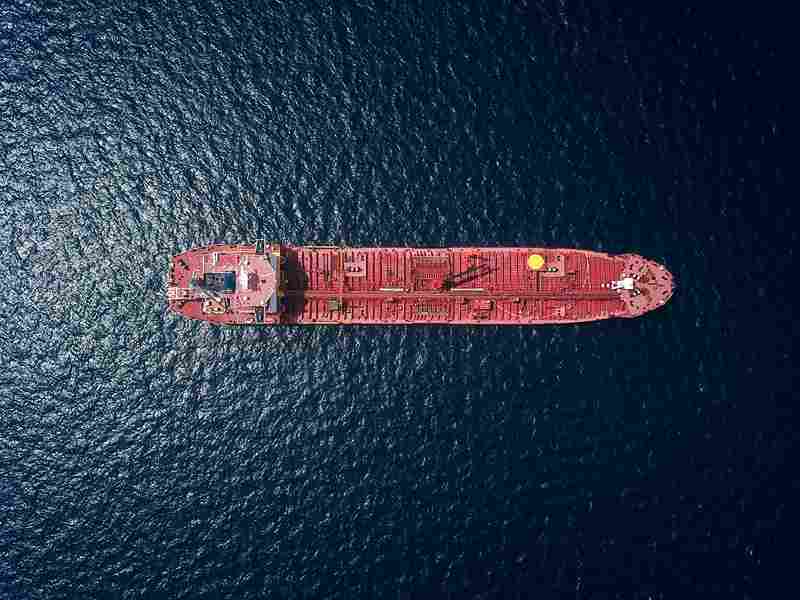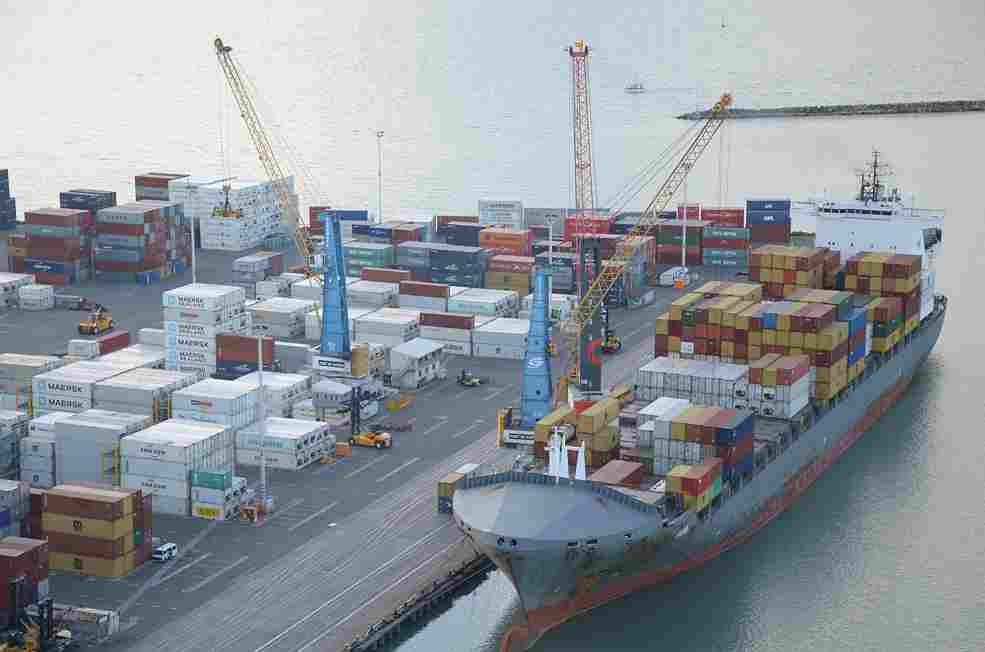
Bunker Fuel and Marine Insurance: Risk Management Strategies
Bunker fuel, essential for powering maritime vessels worldwide, represents a significant operational cost and risk factor for shipping companies. Marine insurance plays a crucial role in mitigating these risks, providing financial protection against potential losses and liabilities associated with bunker fuel operations. This article delves into the complex relationship between bunker fuel and marine insurance, exploring risk management strategies, industry practices, and emerging trends.
Introduction to Bunker Fuel and Marine Insurance
Bunker fuel is the lifeblood of global shipping, powering vessels engaged in international trade. The volatility of fuel prices, regulatory compliance challenges, and operational risks underscore the importance of robust risk management strategies. Marine insurance serves as a critical safeguard, covering a range of risks associated with bunker fuel procurement, storage, transportation, and usage.
Key Risk Factors in Bunker Fuel Operations
- Price Volatility and Financial Risk:
- Fuel Price Fluctuations: Changes in crude oil prices directly impact bunker fuel costs, posing financial risks for shipping companies.
- Budgeting and Forecasting: Marine insurance helps mitigate financial uncertainties by providing coverage against unexpected fuel price increases.
- Operational and Environmental Risks:
- Fuel Contamination: Risks associated with fuel quality issues, contamination during storage or transportation, leading to operational disruptions and engine damage.
- Environmental Liabilities: Compliance with stringent environmental regulations (e.g., MARPOL Annex VI) and potential liabilities for spills, emissions, and clean-up costs.
- Supply Chain Disruptions:
- Supply Interruptions: Disruptions in bunker fuel supply chains due to geopolitical tensions, natural disasters, or logistical challenges.
- Coverage for Business Interruption: Marine insurance policies may include provisions for business interruption losses arising from fuel supply disruptions.
Risk Management Strategies
- Insurance Coverage Types:
- Hull and Machinery Insurance: Provides coverage for physical damage to vessels and machinery, including damage resulting from fuel-related incidents.
- Protection and Indemnity (P&I) Insurance: Covers third-party liabilities, including pollution risks associated with bunker fuel spills and environmental damage.
- Contractual Risk Allocation:
- Charter Party Agreements: Allocating responsibilities and liabilities for bunker fuel procurement, quality assurance, and compliance between charterers and shipowners.
- Bunker Supply Contracts: Negotiating terms with bunker fuel suppliers to include indemnities, warranties, and quality guarantees in case of fuel-related disputes or failures.
- Risk Assessment and Mitigation:
- Due Diligence: Conducting thorough vetting of bunker fuel suppliers, assessing their financial stability, compliance records, and operational reliability.
- Operational Controls: Implementing strict fuel management practices, maintenance regimes, and crew training to minimize operational risks and ensure fuel quality.
Emerging Trends and Future Outlook
- Technological Integration:
- Monitoring Systems: Adoption of advanced technologies, such as fuel monitoring sensors and real-time data analytics, to track fuel consumption, quality, and emissions.
- Blockchain Applications: Exploring blockchain for transparent and secure documentation of bunker fuel transactions, enhancing transparency and reducing fraud risks.
- Sustainability Initiatives:
- Alternative Fuels: Transitioning towards cleaner fuels, such as LNG and biofuels, supported by marine insurance incentives and regulatory frameworks.
- Emissions Reduction: Financing emission control technologies (e.g., scrubbers) and participating in carbon offset programs to mitigate environmental impacts and regulatory risks.
Conclusion
Bunker fuel and marine insurance are integral components of risk management in the shipping industry, providing critical financial protection against a range of operational, financial, and environmental risks. As global shipping faces evolving regulatory landscapes and sustainability imperatives, effective risk management strategies will be crucial. By leveraging insurance solutions, adopting advanced technologies, and embracing sustainable practices, shipping companies can enhance resilience, ensure compliance, and navigate the complexities of the bunker fuel market with confidence.





